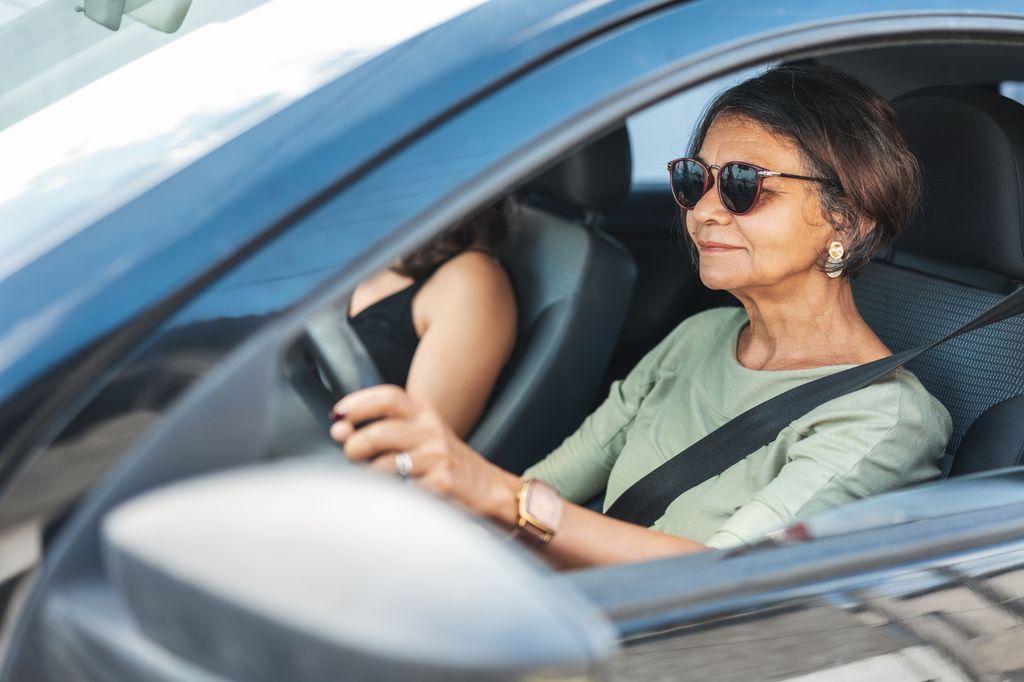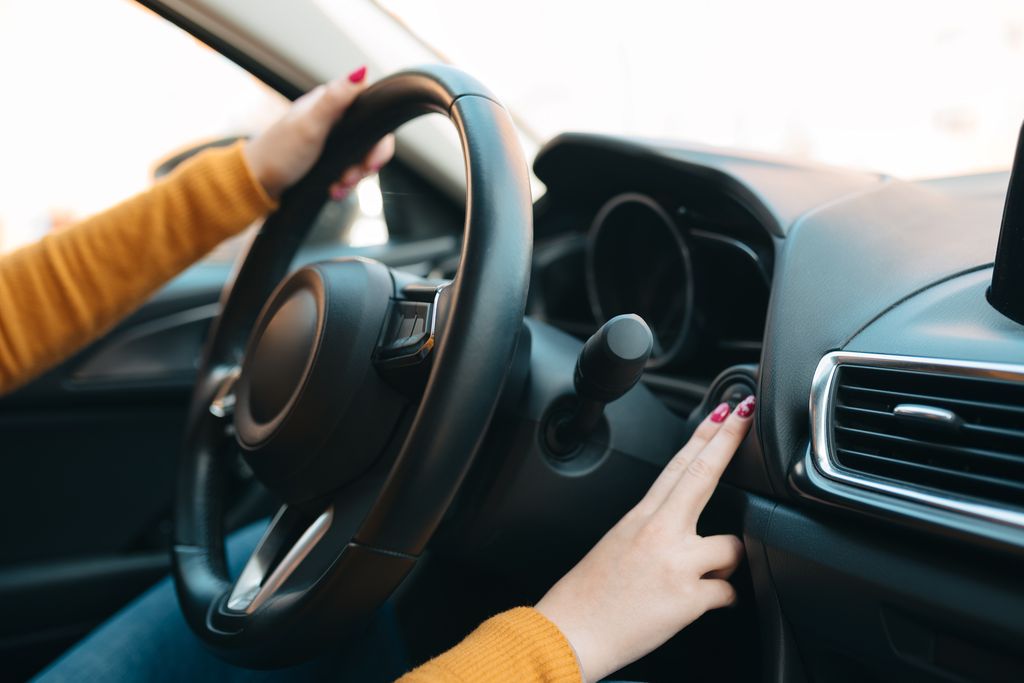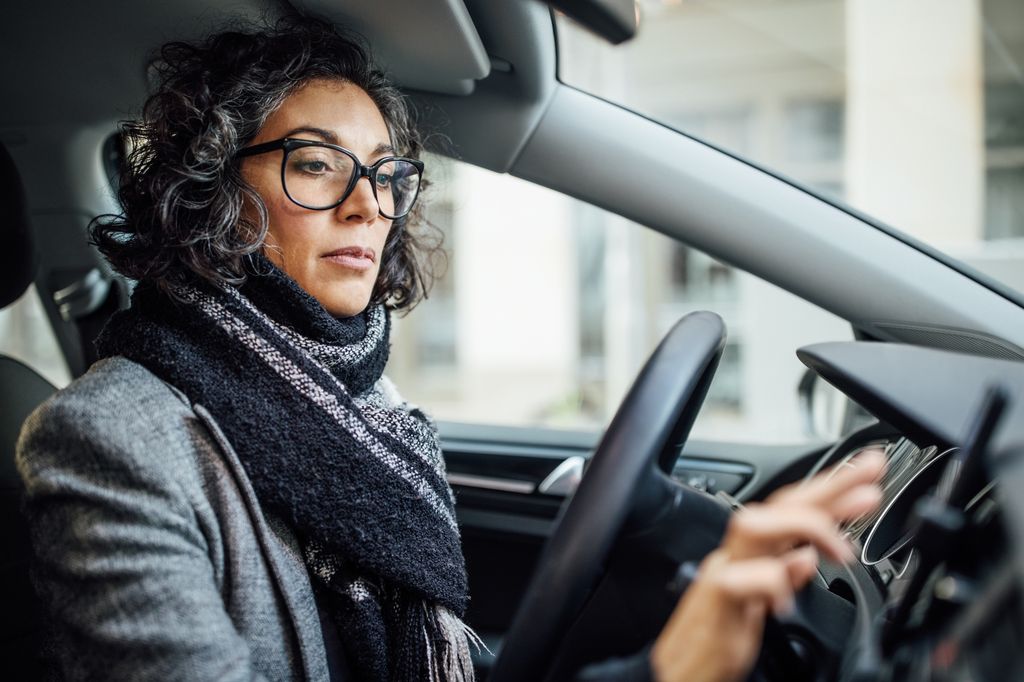There are lots of reasons why you might not have learned to drive as a teen or twenty-something. Maybe because money was tight, you lived in a city, or because early attempts at learning to drive didn't go well and knocked your confidence.
But that doesn't mean you can't pass your test later in life. The prospect can feel daunting, but think how wonderful it will be when you finally gain your licence and enjoy the fun and freedom of motoring. These top tips will help you lose those L plates!
1. Choose the right instructor
As a motoring journalist and author of Driving Test Secrets You Need to Know, I'm often asked for my most important piece of advice for learner drivers. My answer is always the same. Find the right instructor. As an older learner this is even more vital – you'll want someone supportive who won't make you feel uncomfortable if you don't pick up the practical skills as quickly as a youngster. Check out the social media of driving instructors in your area and find one that has the friendly, capable vibe you're looking for. You might be happy with a twenty-something instructor, but most older learners prefer one who is more mature. Arrange a chat and maybe a trial lesson to see if you 'click' before committing yourself.
2. Stay motivated
Write down a list of why you want to pass your test. Maybe so you can move to the countryside, visit family with greater ease or just enjoy not being reliant on partners or public transport for getting around. Look at your list frequently, and use it to help you keep going through the ups and downs.
3. Focus on your finances
According to the Driver Vehicle and Licensing Agency (DVLA) the average learner needs 45 hours of driving lessons in addition to 20 hours of private practice. Given that the cost of lessons can vary between £25-55, you're looking at between £1125-2475 for tuition alone. That's even before practical and theory test fees. As an older learner, you may need extra lessons, so make sure you've got money set aside. You don't want to find yourself in the situation where you're making progress but then have to stop learning because you've run out of cash.
4. See your age as a positive
First the bad news – younger learners do tend to pass their driving test more easily than older ones. In 2022/23 the average pass rate was 48.4%, with 17 year olds having a 54.5% pass rate. At 30 it was 44.4%, at 40 it was 38.8% and for 50 year olds the pass rate was 37.5%. There's a number of reasons for this, including the fact that teenagers are more familiar with receiving instruction and being examined, whilst older learners might not have taken an exam for decades!
But despite their skills, younger drivers tend to be impulsive and over confident, meaning that statistically they go on to have the highest number of accidents, whilst older drivers such as yourself are more conscientious and safer. Also, once you've passed, chances are your car insurance is going to be a lot cheaper than a 17 year olds!
5. Consider learning to drive in an automatic
There are two aspects to learning to drive. 'Car craft', which is learning to operate the vehicle and 'road craft', which is dealing with traffic and pedestrians. With manual vehicles, 'car craft' involves getting to grips with gears, but with automatic cars you don't need to worry about them. You can't drive a manual car on an automatic licence, but many learners who are older or who have struggled with gears find learning to drive in an automatic so much easier and a complete game-changer.
6. Practice makes perfect
If at all possible, take driving practice in your own or a friend or family member's car. Your supervising driver will have to be over 21 and held a full driving licence for at least 3 years. You'll also have to arrange for insurance before you go out with them. It's really important to remember that whoever accompanies you is not teaching you to drive. That's your driving instructor's job. Their role is to supervise your practice.
It's best to spend this time doing easier trips such as driving to the supermarket and practising a few bay parks while you're there, rather than anything potentially stressful. How well this works will depend on the relationship you and your accompanying driver have – if it's likely to put too much of a strain on it then just pass on the private practice. Extra driving lessons are cheaper than family therapy!
DISCOVER: 9 genius car gadget finds for your next road trip
7. Overcome driving test nerves
Be aware that you might be the oldest candidate in the driving test waiting room, but don't let that put you off! Your instructor wouldn't have put you forward for your driving test if they didn't feel that you were ready.
Don't let your test triumph be scuppered by the dreaded driving test nerves. Do deep breathing exercises beforehand and use affirmations such as 'I am a safe driver' and 'I am confident I can pass my test'. Good luck – and happy motoring!
Maria McCarthy is a motoring journalist and author of Driving Test Secrets You Need to Know available on Amazon.











